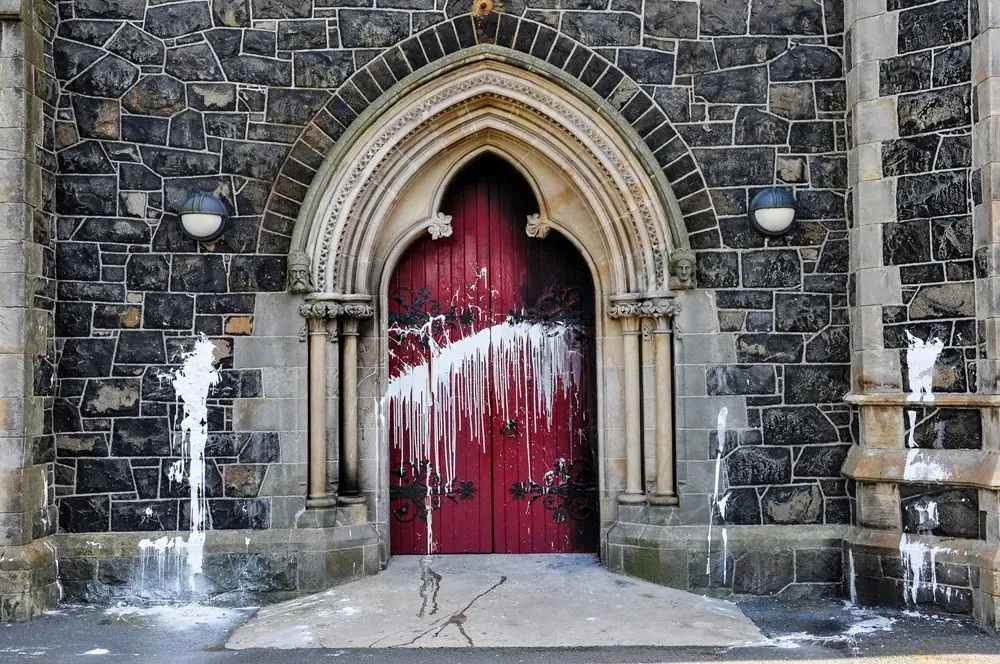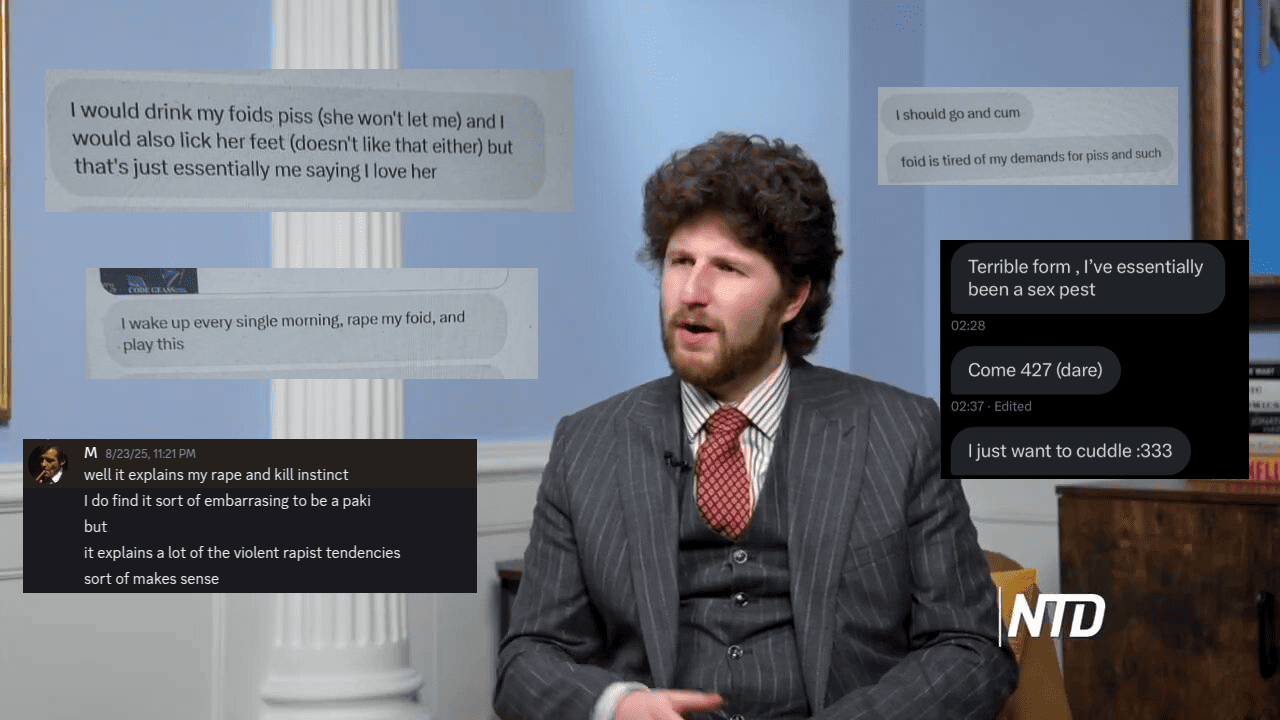When The State Arrests The Peaceful To Appease The Evil
British police forces are increasingly misusing laws written for football hooliganism to enforce socialist atheism, under the pretence of preventing Muslims from acting violently due to imaginary subjective feelings of "offence" they might hypothetically encounter living in a Christian country.






